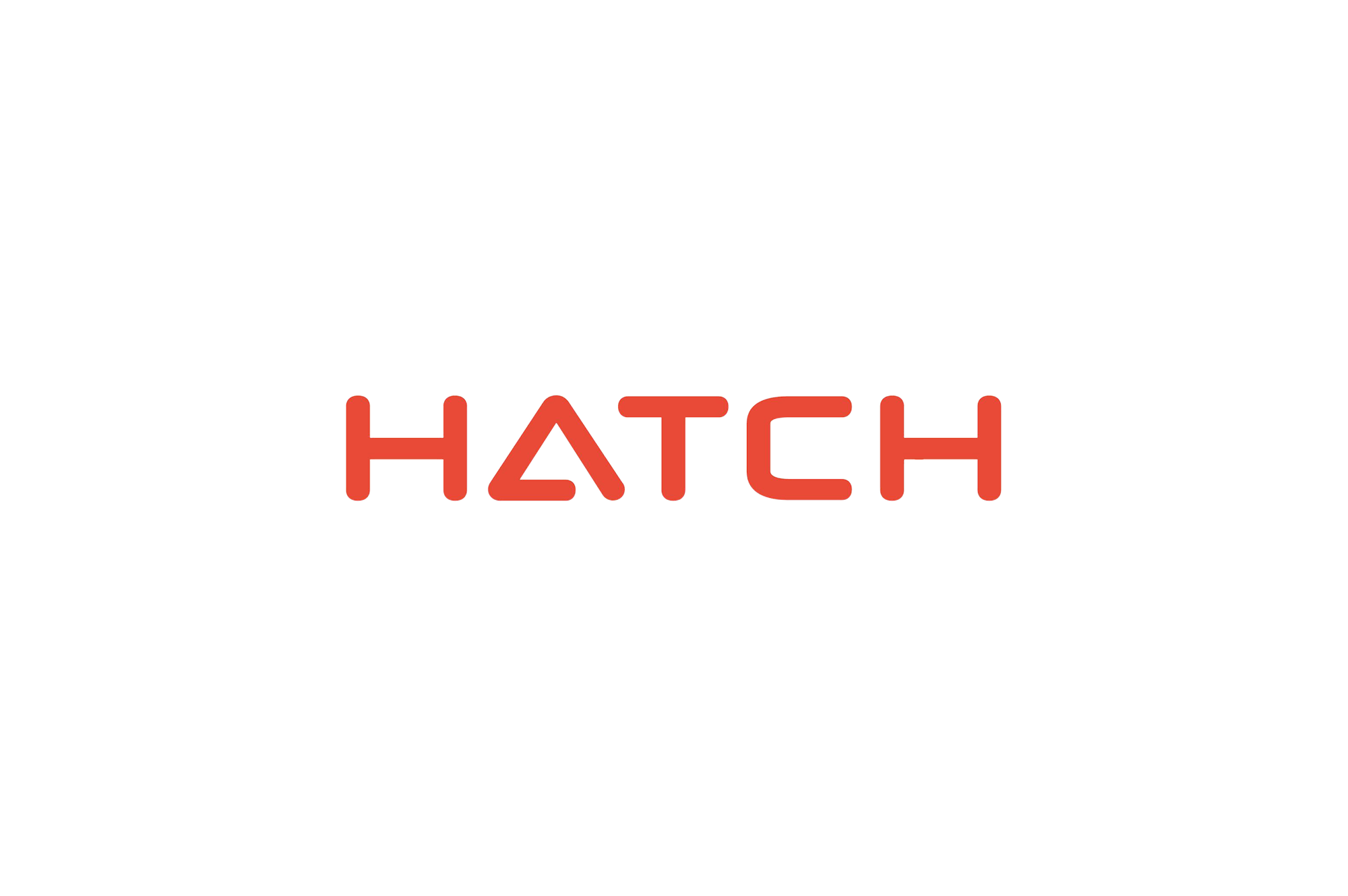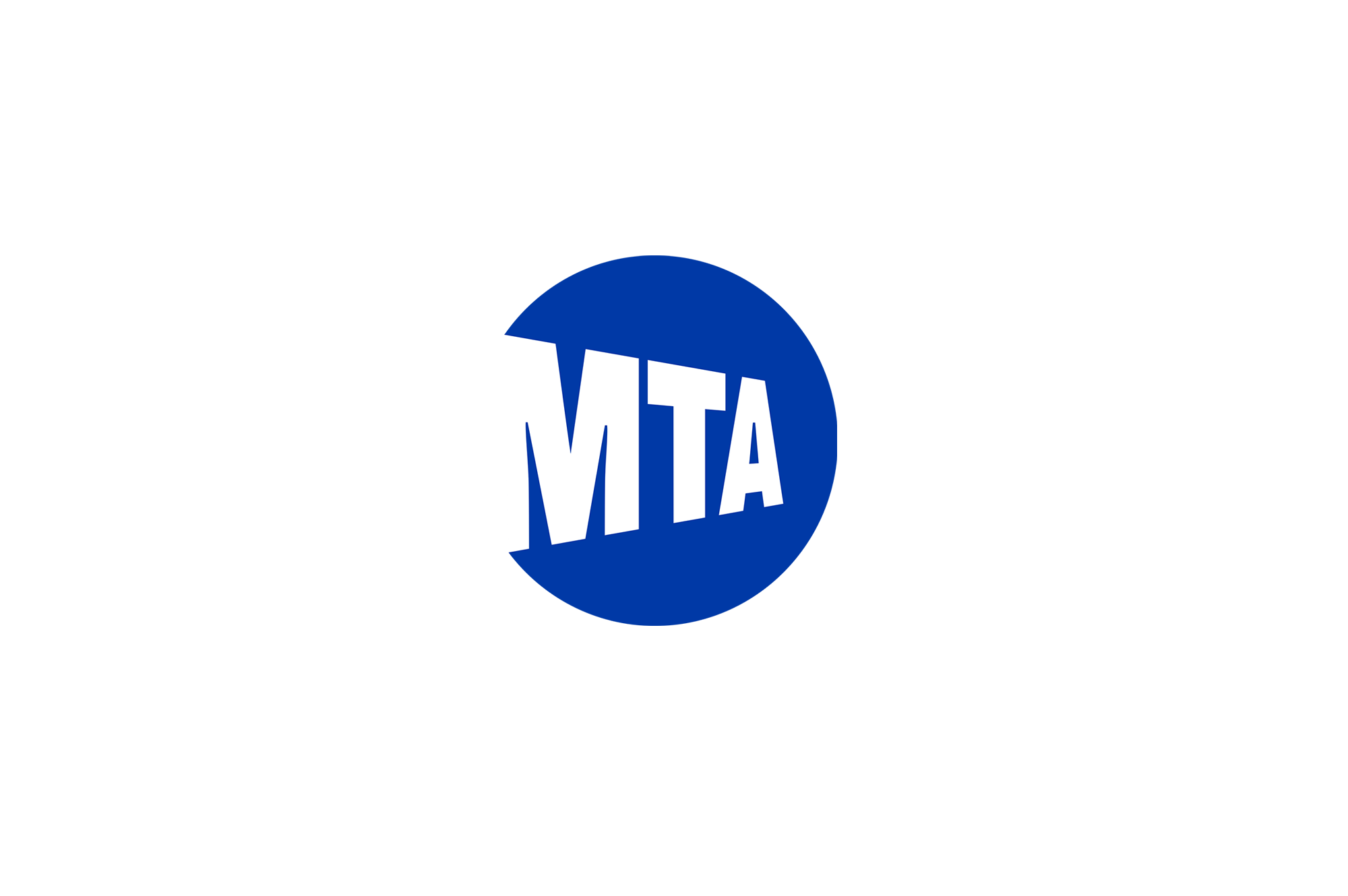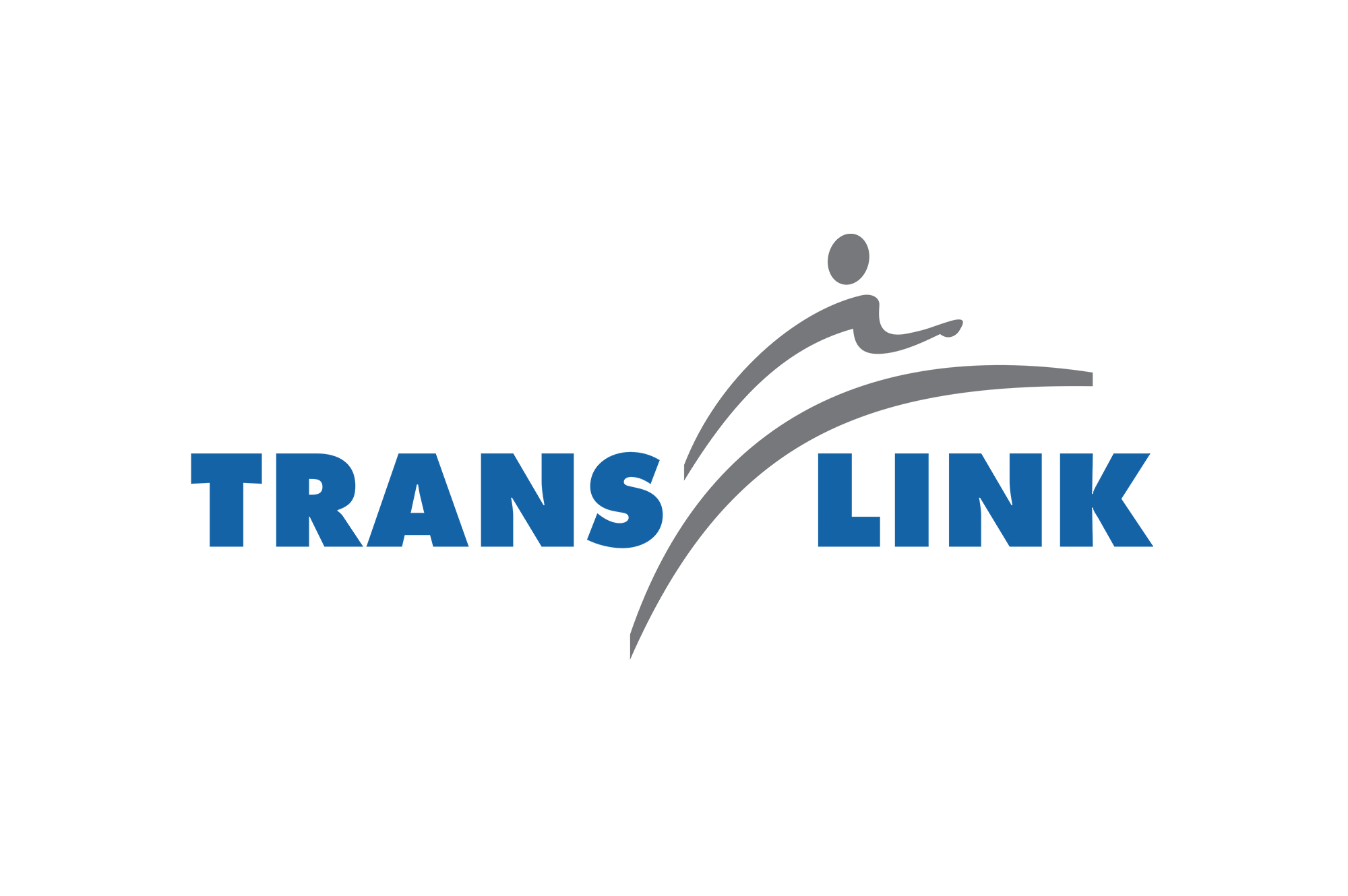BLOG
Digital Transformation: The Next Big Revolution Is Already Here
Learn more about how digital transformation and Industry 4.0 offers innovations to boost productivity, improve processes and drive growth.

Learn more about how digital transformation and Industry 4.0 offers innovations to boost productivity, improve processes and drive growth.

Without the Industrial Revolution, our society of convenience wouldn’t exist. From computers to toasters, we owe much to technological disruption. However, the Industrial Revolution wasn’t a singular event—in fact, our world has already gone through three of these transformations.
Each has reshaped our society in fundamental ways. Through innovations such as steam power, the First Industrial Revolution radically increased manufacturing productivity. The Second Industrial Revolution focused on standardized parts and processes, and further enhanced production.
And the Third Industrial Revolution? Well, you’re in the middle of it right now.
Since the 1950s, the invention of the semiconductor led to mainframes, personal computers and the internet. These innovations have enabled the organization, curation, and democratization of information. Because of that, digital learning has become a reality, with platforms such as Udemy becoming multi-billion-dollar businesses.
And now, the Fourth Industrial Revolution is dawning. Also known as Industry 4.0, its advances include artificial intelligence (AI), machine learning, the Internet of Things (IoT), and immersive realities. And while only in its infancy, it is already leaving a mark.
Back in 2016, Dell joined forces with Persado, an AI-driven marketing platform. During the partnership, Persado recommended words and phrases for use in Dell’s email marketing efforts. The results were stunning—by employing the AI’s suggestions, they increased email conversions by more than 45 percent.
And in 2020, in-person learning went through a digital transformation of its own. As COVID-19 forced workforces into quarantine, Zoom, a video conferencing solution, quickly rose to prominence. Interactive learning became so much easier thanks to the ability to host dozens of live video feeds simultaneously.
In a nutshell, Industry 4.0 offers us a better understanding and control over our operations. These digital transformations, such as automation and big data analysis, promise to boost productivity, improve processes and drive growth.
As we sit on the cusp of Industry 4.0, global firms face the same challenge: Hesitate, and you risk losing market share. The stakes have never been higher. So, if you hope to benefit from the Fourth Industrial Revolution, you must rapidly implement educational technology. Here’s why: In the Second Industrial Revolution, mechanized factories drastically increased yields. The lower cost of goods put pressure on smaller producers and caused many to fold.
We see a similar trend unfolding today. Similar to other pre-2020 trends, COVID-19 has amplified the effects of Industry 4.0 technologies. According to a recent survey from McKinsey & Company, firms are already utilizing digital knowledge solutions to weather the pandemic—not to mention, 41 percent of those companies fast-tracked automation solutions to overcome worker shortages.
Industry 4.0 pioneers will be able to produce more at less cost. Their sales will increase because they will have a competitive advantage with more affordable goods. Coupled with a decrease in expenditures, their value to investors and stakeholders will soar.
Soon, your company will be able to implement these improvements and automate certain positions with AI. From bookkeepers to market researchers, the list of applications is long. And for those who remain in their roles, these tools will drastically enhance their digital skills.
Take the case of Autodesk. This developer of computer-aided design software now offers an AI called Dreamcatcher. By inputting design and cost constraints, Dreamcatcher delivers hundreds of prospective prototypes on the spot. And thanks to this AI, drafters will save hours while drastically increasing their productivity.
But to make these gains a reality, you need a customized digital learning plan. For instance, data analysts are hard to come by—and if you can find them, they’re expensive hires. But by training in-house staff with adjacent skills, you can start making sense of Big Data sets in your business now—instead of later.
The road ahead will be challenging. The internet was changed through the Third Industrial Revolution and caused media giants such as Blockbuster to go out of business. It also led to hardship among workers, with millions across the developed world losing their positions.
Industry 4.0 technologies will only accelerate current trends. The McKinsey Report, “Jobs Lost, Jobs Gained: What the Future of Work Will Mean for Jobs, Skills, And Wages” predicts more than 375 million people will need to change careers due to digital disruption.
This transition won’t lead to the obsolescence of all positions, though. Soft skills will remain important—without leaders, sellers, and copywriters, your organization won’t get far. Additionally, Industry 4.0 will lead to the creation of new roles. On top of that, digital literacy will be essential in the 2020s and beyond.
To stay competitive, companies and professionals will need to commit to upgrading digital skill sets. Investing and integrating digital knowledge solutions into your business is an effective strategy for setting your team up for success.
The Fourth Industrial Revolution will pose enormous challenges for your business—but it also poses enormous opportunities. By embracing ongoing digital learning and development, such as eLearning courses and workspace practical training, you’ll maximize your odds of coming out on top.
Want to know more about how our digital knowledge solutions can create a competitive advantage? Connect with one of our experts today to learn more.
We develop digital knowledge solutions. Our team makes heroes of learning and development professionals. We improve workspace experience (and lives) across the globe, with better learning.




















